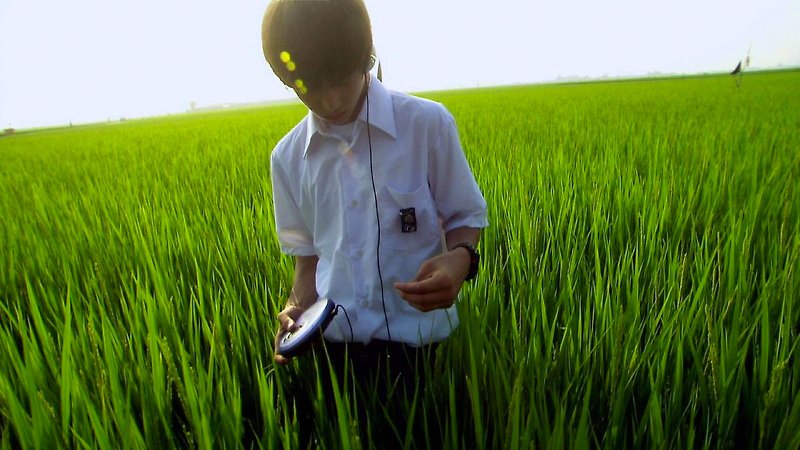
Screened as part of NZIFF 2002
All About Lily Chou-Chou 2001
"Shot on film and digital to tremendous effect and drenched in shimmering color… Iwai’s film [plunges] the audience into the excesses of contemporary Japanese pop culture – its state-of-the-art gadgetry, its obsession with money and status, its speed-of-lightning shifts in trends, its worship of celebrity – in order to guide us through the treacherous paths of modern adolescence. No other ‘youth culture’ film in recent memory has been as harrowing, draining or truthful. At the story’s center is 14-year-old Yuichi, a sensitive boy with a crush on the most popular and talented girl at his school. To escape the pressure of both hormones and middle school savagery, he retreats into worship of the vaguely goth pop singer Lily Chou-Chou. Lily’s rabidly devoted fans commune via chat rooms, where they dissect the world, offer solace to their wounded brethren and pay tribute to their tortured goddess. Theirs is also a world in which betrayals are commonplace and often bloody, in which victim and bully can coexist within the same body. Scored to both Debussy and haunting Japanese pop, Lily Chou-Chou’s emotional undertow – in which tangents built upon tangents are painstakingly brought back to the center – swells until it threatens to engulf the viewer." — Ernest Hardy, LA Weekly
"Though the film is ensconced firmly in that familiar cinematic genre, the travails of alienated youth, its largest implications concern the struggle of Japanese society to hang on to ancient cultural traditions (which appear at random moments throughout) in the age of an ubiquitous and leveling pop culture. The benighted parents and the sympathetic young teachers, needless to say, haven’t a clue…
On a formal level, Iwai shows himself to be a precise master of sound and light. The self-conscious, bright, and mobile lighting of night-scenes never lets us forget the director’s presence, and Iwai is capable of surprising us again and again with the sudden beauty of his cinematography… Iwai is also a master of the musical score, as Debussy is alternated with Lily Chou-Chou in such a precisely orchestrated way that it almost feels like another track of dialogue, and carries as much thematic meaning as anything else in the film." — Peter Burnette, indieWIRE
"The story does not so much unfold through its characters as accumulate in atmospheric globs and violent bursts. Maybe this is where movies are headed: a cascade of pre- or post-cortical affect." — Philip Lopate, Film Comment